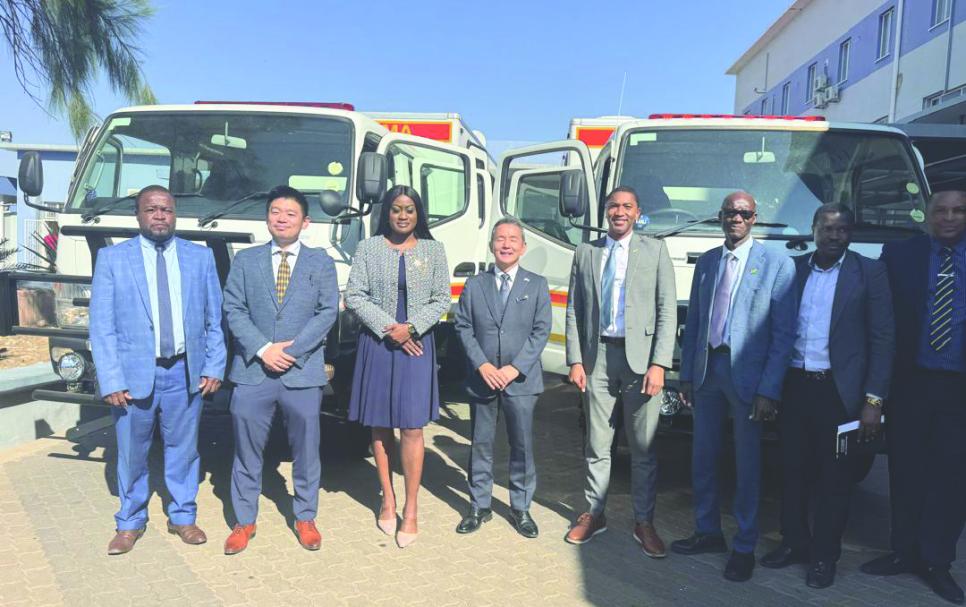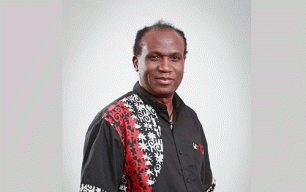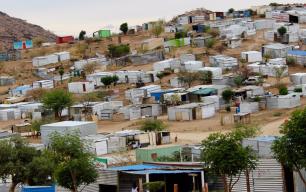Rural health gaps irks Luvindao

By Patience Makwele
Health minister Dr. Esperance Luvindao says she is haunted by the desperate stories she has encountered in Namibia’s rural regions. This include mothers in labour forced to use donkey carts as modes of transports with patients stranded for hours awaiting transfer, and health facilities left without ambulances for extended periods. These encounters, particularly in the Zambezi region, have left her deeply troubled about the country’s uneven access to emergency medical care. Luvindao said this when she received three ambulance trucks valued at N$ 9 million from the government of Japan. The ambulances will be dispatched to hospitals in three regions, mainly, Kunene region, Katima Mulilo hospital in Zambezi, and Keetmanshoop hospital in //Karas. According to Luvindao, the donation could not be more timely. She recalled meeting a young mother in Zambezi who had endured a 50-kilometre journey on a donkey cart to reach a clinic while in labour. “Earlier this year, when I visited a rural clinic in the Zambezi region, I met a young mother who had to travel over 50 kilometers on a donkey cart to reach the clinic," she said. Adding, “while the outcome was positive the story highlights a critical urgent need, one which cannot be blinded to as it reinforced our commitment and the commitment that we must have to improve the healthcare services particularly when it comes to transportation in emergency settings.”
In another case, she stressed of a health centre which had gone without an ambulance for years, leaving patients stranded and relying on private providers or “good Samaritans” during emergencies struck. One of the new ambulances will now be assigned to that facility to help bridge the long-standing gap. Japanese Charge d’Affaires ad interim, Noriaki Sadamoto, described the donation as a continuation of the “enduring friendship and cooperation” between the two nations, affirming Japan’s commitment to supporting Namibia’s push toward universal health coverage.
“We are committed to continuing our support to strengthen Namibia's healthcare system and improve the lives of its people,” he noted. Further adding, “ We believe that access to quality healthcare is a fundamental human right, and we are dedicated to working with Namibia to ensure that every
Namibian can live a healthy and productive life. This donation is a manifestation of our commitment to that goal." The three ambulances follow the ministry’s recent commissioning of 36 ambulances which were procured and dispatched in all 14 regions earlier this year. Yet shortages persist due to Namibia’s geographical context, with its vast land mass and sparse population.
- 316 views










Comments